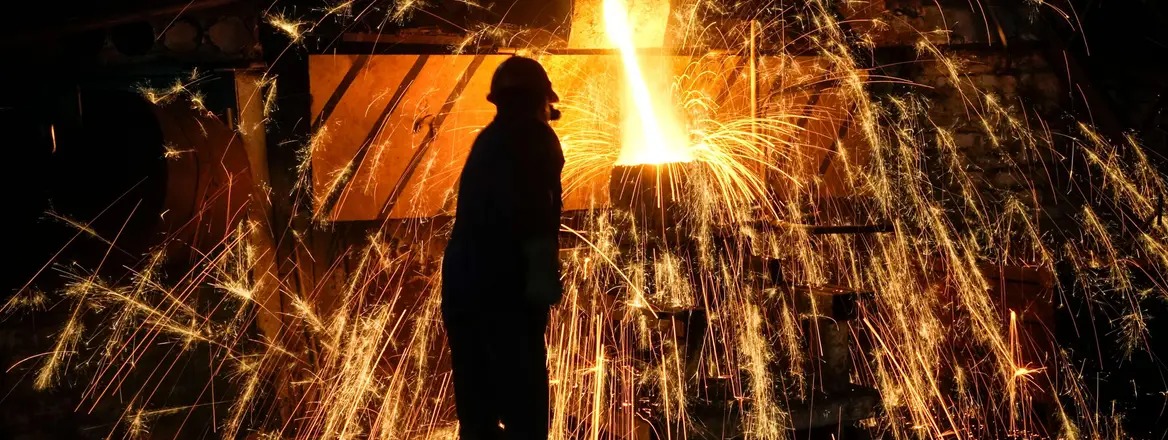En un entorno donde Europa debe ser capaz de disuadir a Rusia con un apoyo estadounidense reducido o negado, la invasión rusa a gran escala de Ucrania debería impulsar esfuerzos significativos para abordar lo que se ha demostrado como una base industrial de defensa manifiestamente inadecuada para sostener operaciones convencionales. Este documento, preparado por el Royal United Services Institute (RUSI) se centra en las cuestiones políticas clave que han determinado la producción militar-industrial en Rusia, Ucrania y la OTAN europea.
Protracted wars are won by the party able to generate new, competitively trained forces and the armaments with which they are equipped and sustained. The ability to generate a second and third echelon of forces is an important aspect of a state’s deterrence posture.
During Russia’s full-scale invasion of Ukraine, the Russian defence industry has managed to significantly increase defence production. Ukraine has also done this, although to a lesser extent. European members of NATO, meanwhile, faced substantial problems in expanding defence-industrial output, despite an abundance of funds. This paper examines the processes of military-industrial mobilisation in each of these areas to assess the causes of radically different outcomes.
![]() Fuente: https://static.rusi.org
Fuente: https://static.rusi.org


